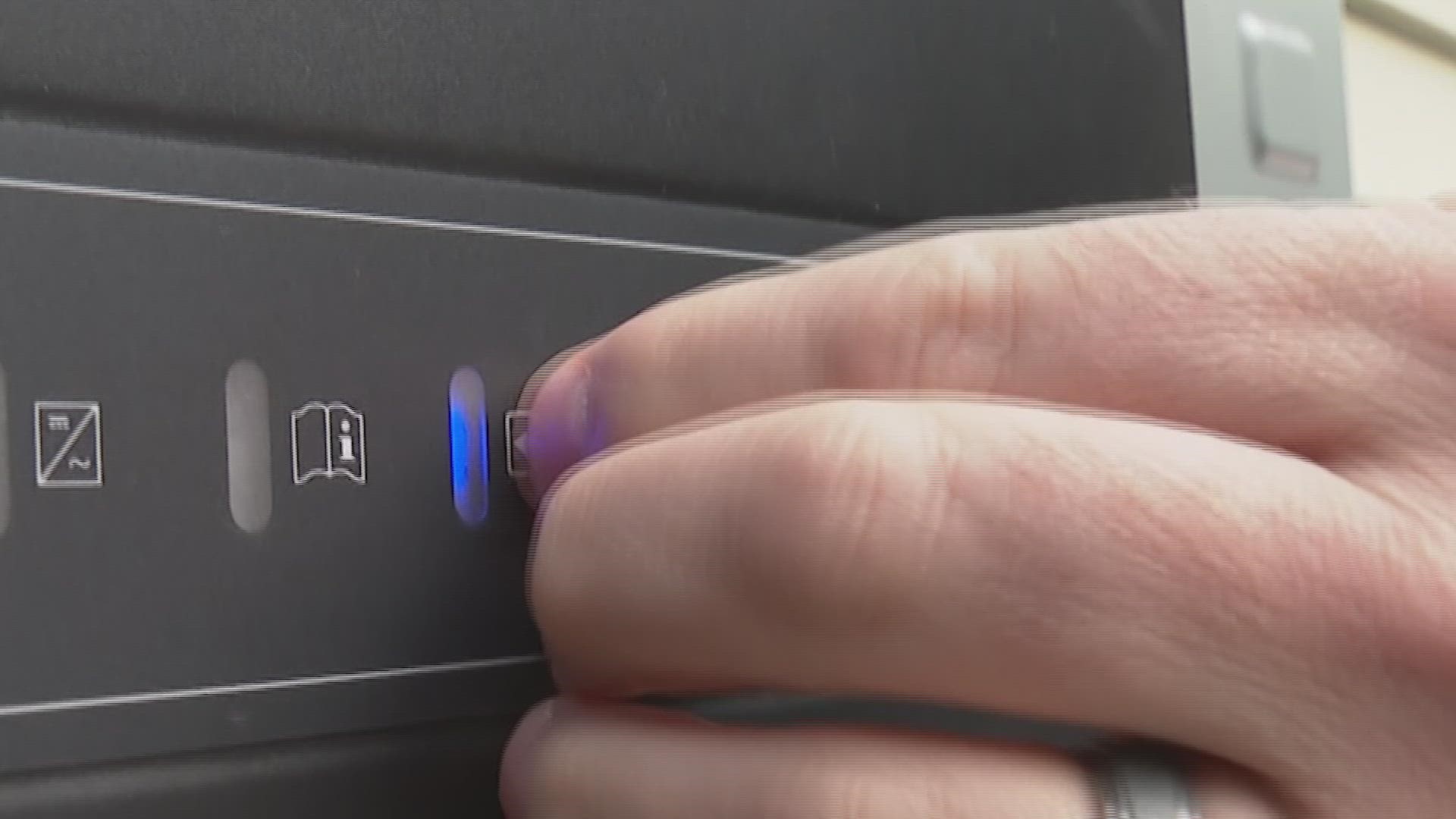CUMBERLAND, Maine — Maine solar companies are fielding a spike in calls from people interested in solar panels for their homes.
Pine Tree Solar, based in Hermon, and ReVision Energy, in South Portland, both started getting more calls at the beginning of 2022, when rate increases took effect. The Maine Public Utilities Commission approved those rate increases on the standard offer, a portion of consumers' electric bills.
The standard offer jumped from $0.064 per kilowatt-hour in 2021 to $0.118 per kWh in 2022 for Central Maine Power customers. Similarly, that rate rose from $0.062 per kWh in 2021 to $0.117 per kWh for Versant Power customers.
A spokesperson for Gov. Janet Mills' energy office said people should start to see a $90 one-time credit on their energy bills beginning this month. That $90 comes from a PUC estimate that the average home that uses 500 kWh in a month would see about a $30 increase in their bills.
Many customers reported much higher bills.
"We've had about five times the amount of interest in the last week," Pine Tree Solar's co-founder, Mike Griggs, said. "The second week of January, once people started to see their bills, that's when we saw a noticeable difference, and late in January, we got a lot of calls we weren't expecting."
ReVision Energy co-founder Phil Coupe said interest soared to "unprecedented levels" in the past two weeks.
Griggs and Coupe told NEWS CENTER Maine the majority of the calls are from people trying to offset the higher costs of electricity in Maine. People with solar panels do not have to pay the delivery or supply costs since solar panels generate their electricity for the home they are connected to.
Any extra energy a home produces goes into the region's power grid, which power companies then give back to those homeowners in the form of a credit they can use within 12 months.
"You can't produce your own oil, but you can produce your own power," Griggs said.
But the solar panels are not cheap. Griggs and Coupe estimated projects can cost around $20,000, depending on the size of the home, how much electricity it uses, and other factors.
Coupe said it could take eight to nine years of saving money on electricity for the solar panel system to pay for itself. He said a system could last 30 to 40 years.
"You get a really strong long-term return on a solar investment, and you also do a great job reducing your carbon pollution," Coupe said.
Griggs encouraged people to use a heat pump in conjunction with solar panels, calling them "the perfect marriage."
"It's kind of a win-win because you're not paying those kilowatt-hours. We're producing them for you, and that's going straight into the heat pump, so you're getting the benefit of both worlds there," Griggs said.
Efficiency Maine, Griggs, and Coupe encourage people to make sure their home is well-insulated before investing in solar or alternative heating methods. Many companies will offer free estimates on what it would cost to bring a home up to optimal insulation.

